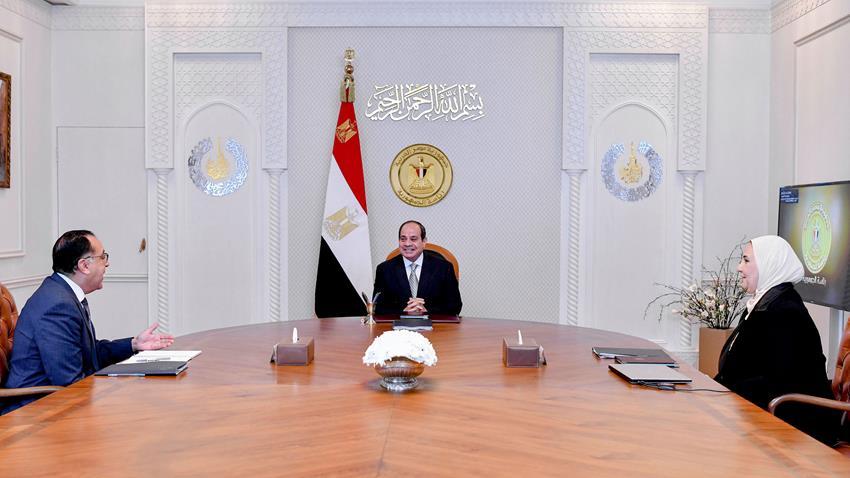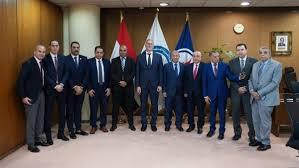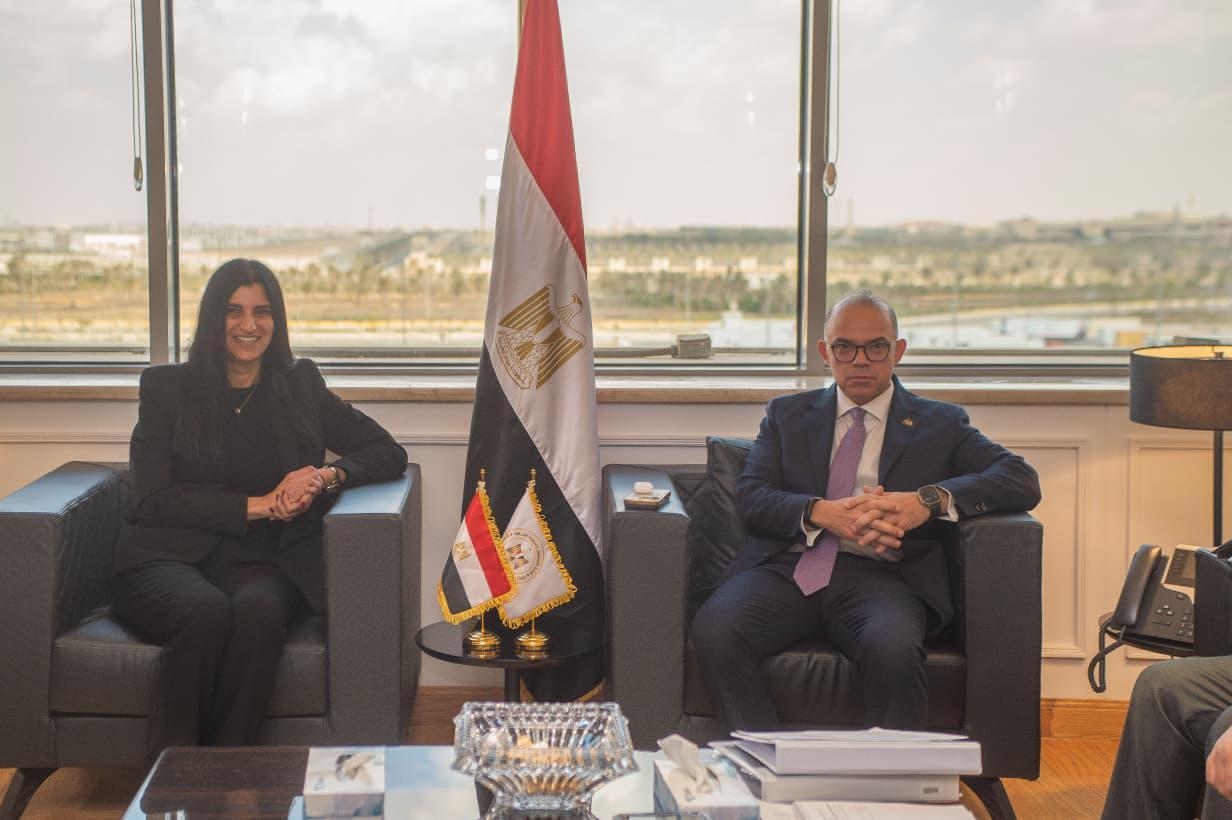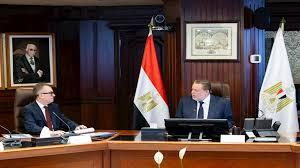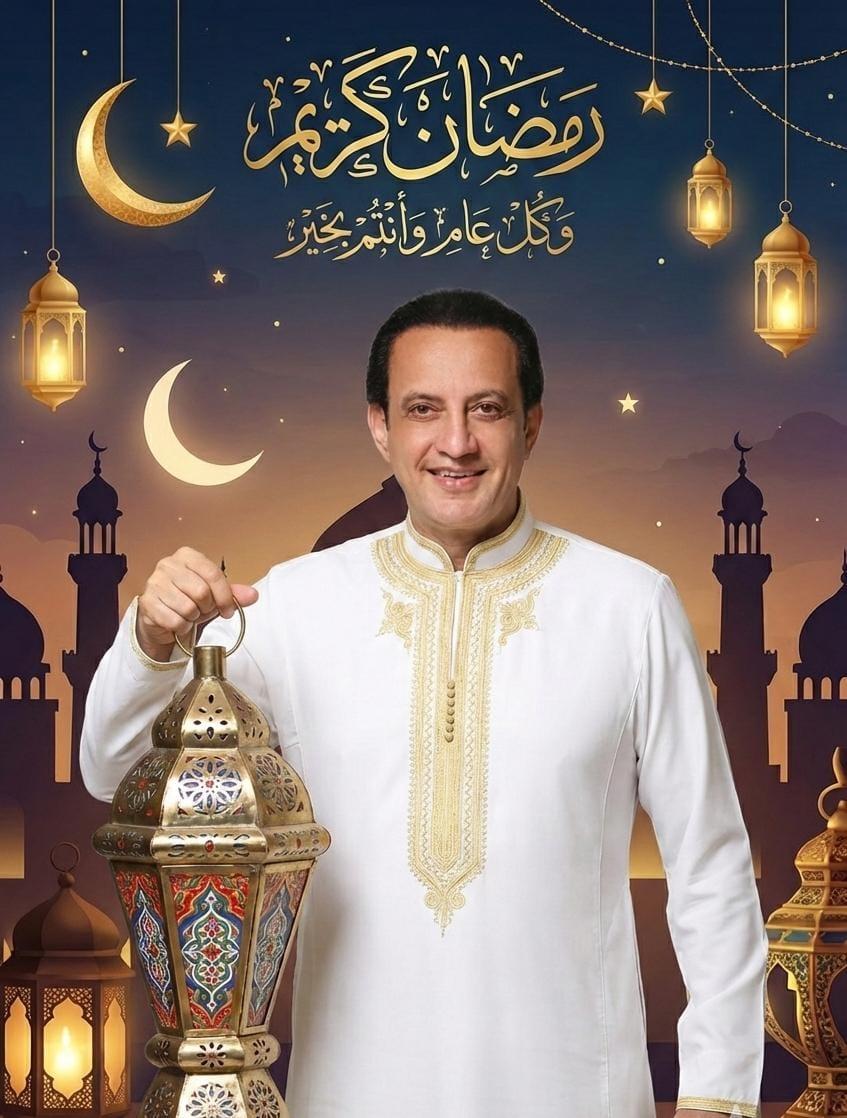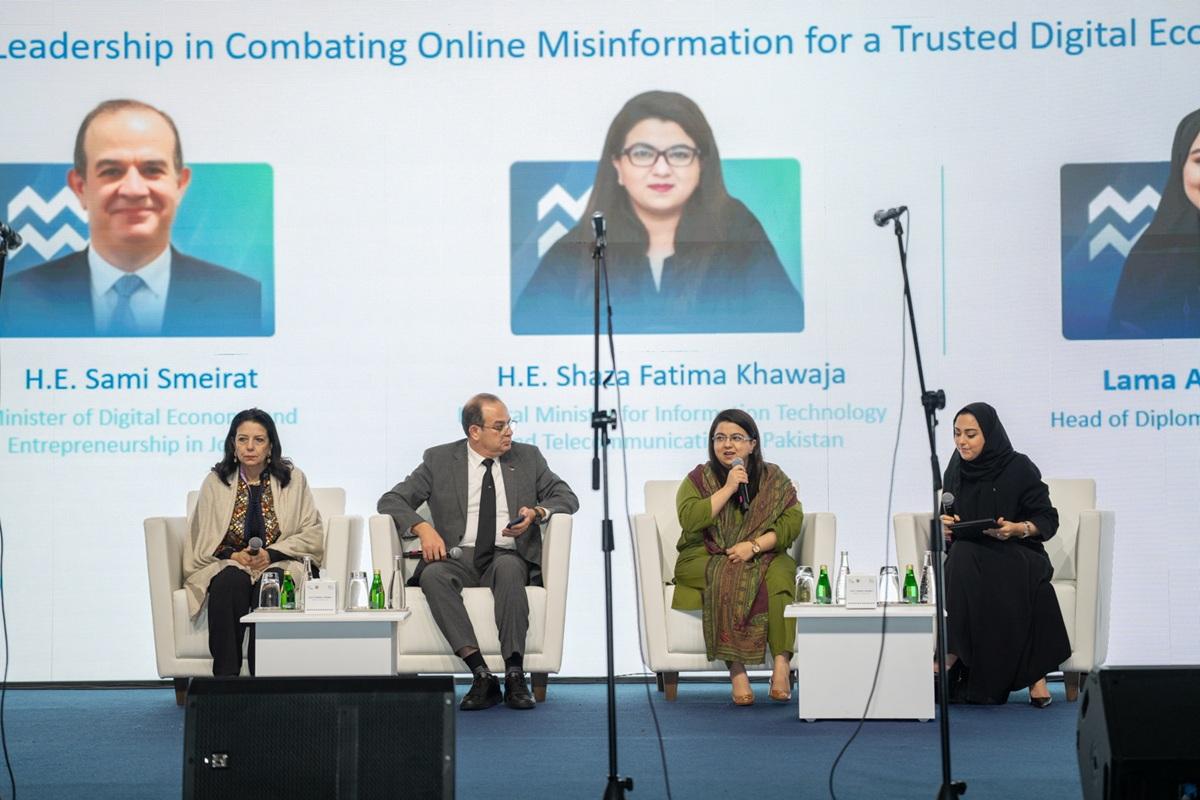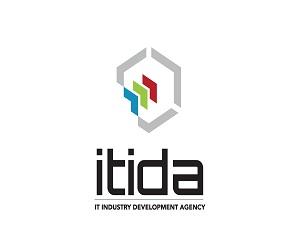By : Bakinam Khaled – Mostafa Ibraim
Spokesman for the Presidency, Counselor Ahmed Fahmy, said the meeting tackled a number of issues,
primarily the protection and improvement of the quality of life of the elderly in Egypt and ways to
address the challenges they encounter. President El-Sisi was briefed on the services provided to them,
including social, insurance and healthcare services. The discussion also touched on the need to facilitate
transactions for the elderly in all institutions, as well as coordinate efforts and develop a common vision
toward providing them with the means to live in dignity.
The President gave directives to further enhance and develop programs for the care of the elderly, set
standards for the quality of services offered to them and collect budgets allocated to the benefits and
services that concern them. President El-Sisi also directed to allocate 100 million pounds from the “Long
Live Egypt Fund” to support the “Fund for the Elderly”, which is set to be established once Parliament
approves the Elders’ Rights Law. The President stressed the necessity to start studying ways to boost
social, health and legal protection for the elderly, and stimulate their community participation across all
levels, emanating from the belief in the state’s responsibility towards its citizens in this age group.
The meeting also focused on the government’s efforts to bolster the societal role of ”Nasser Bank” and
the bank’s projects which target economic empowerment, expanding the solidarity sector, and
developing social responsibility. This includes in particular offering financing to stimulate local demand
and various banking and savings products to meet the needs of customers from the various strata.
President El-Sisi stressed the need to strengthen efforts toward modernizing and developing the bank’s
information and technology systems, and facilitating financial inclusion procedures and electronic
banking, in line with the state’s endeavors toward digital transformation.
The President was briefed on the government's efforts to regulate civil society work, the procedures
currently being implemented to activate the automation of the civil society work system, and the
development of the electronic services to expedite the procedures for obtaining permits and approvals
for projects and grants. This aims to confirm the effective contributions of civil society work to serving
societal issues, participating in national projects and achieving the sustainable development indicators.
The President gave directives to strengthen the technological component in civil society work in general
and increase the training provided to the relevant cadres to match international standards in the
utilization of this component. This is in addition to facilitating and providing technology to civil society
organizations, so as to streamline procedures for good management and achieve utmost economic
benefits and social returns for civil society programs.
